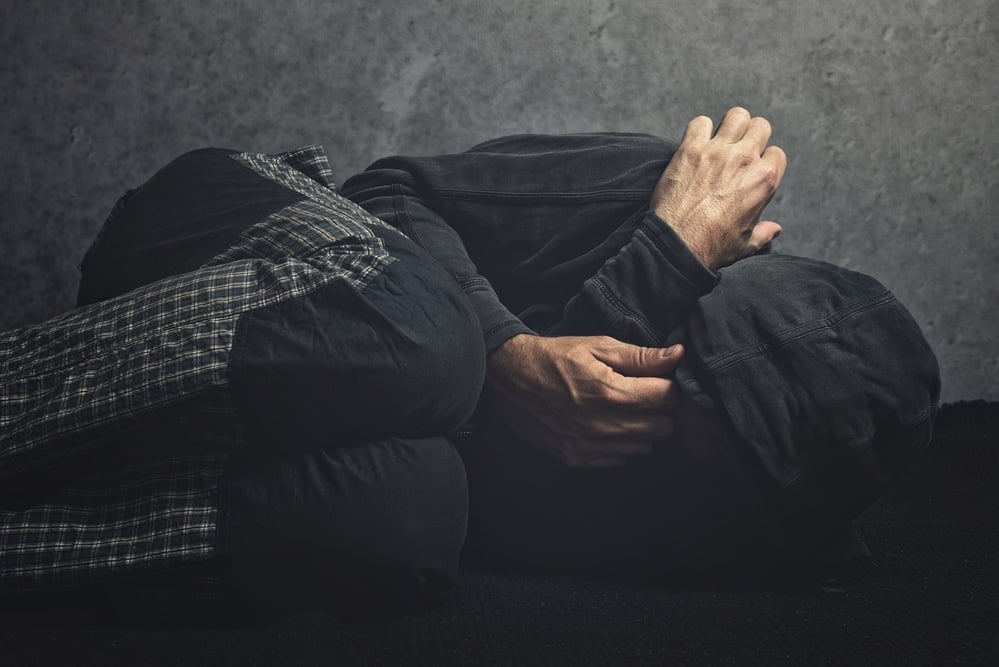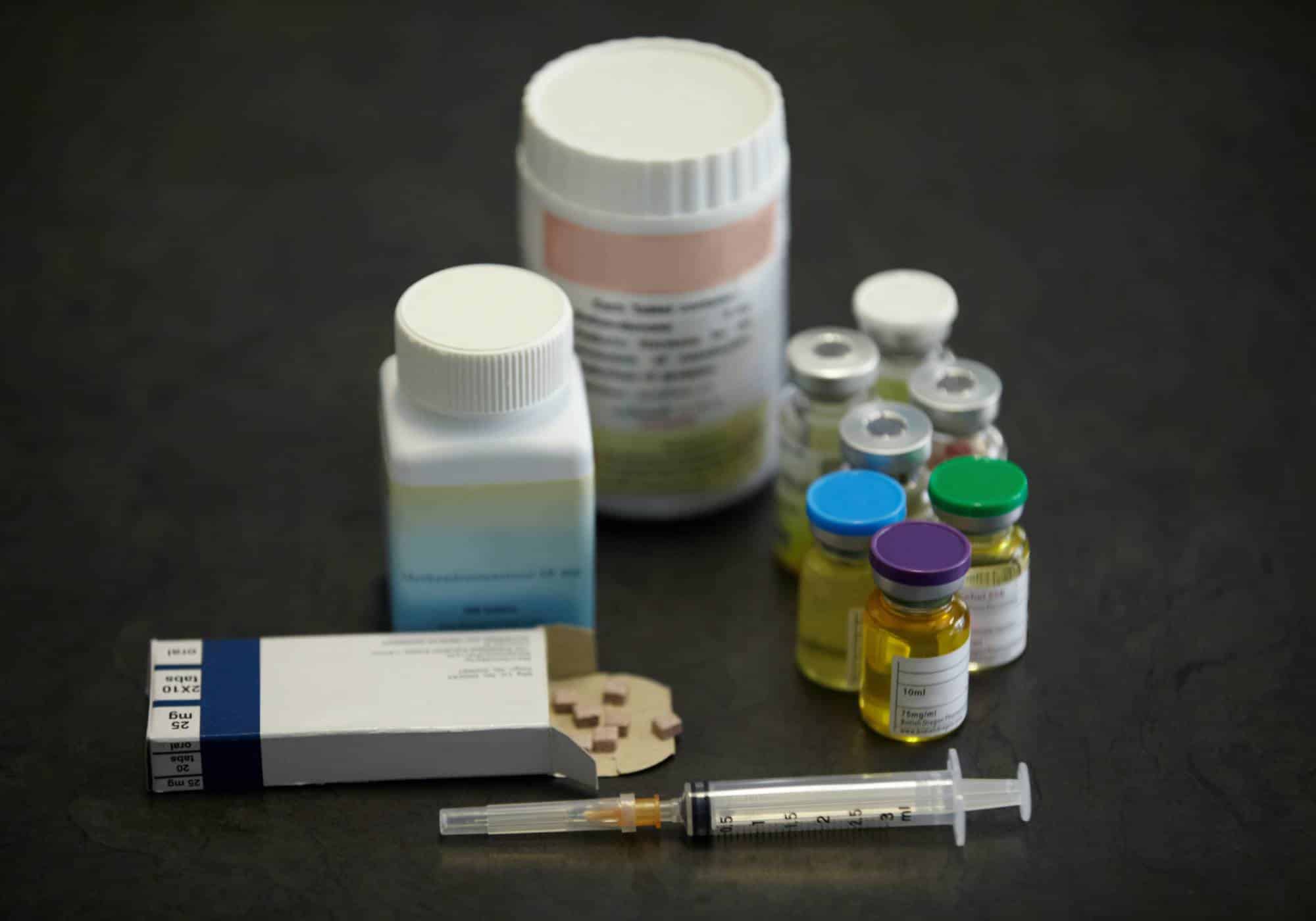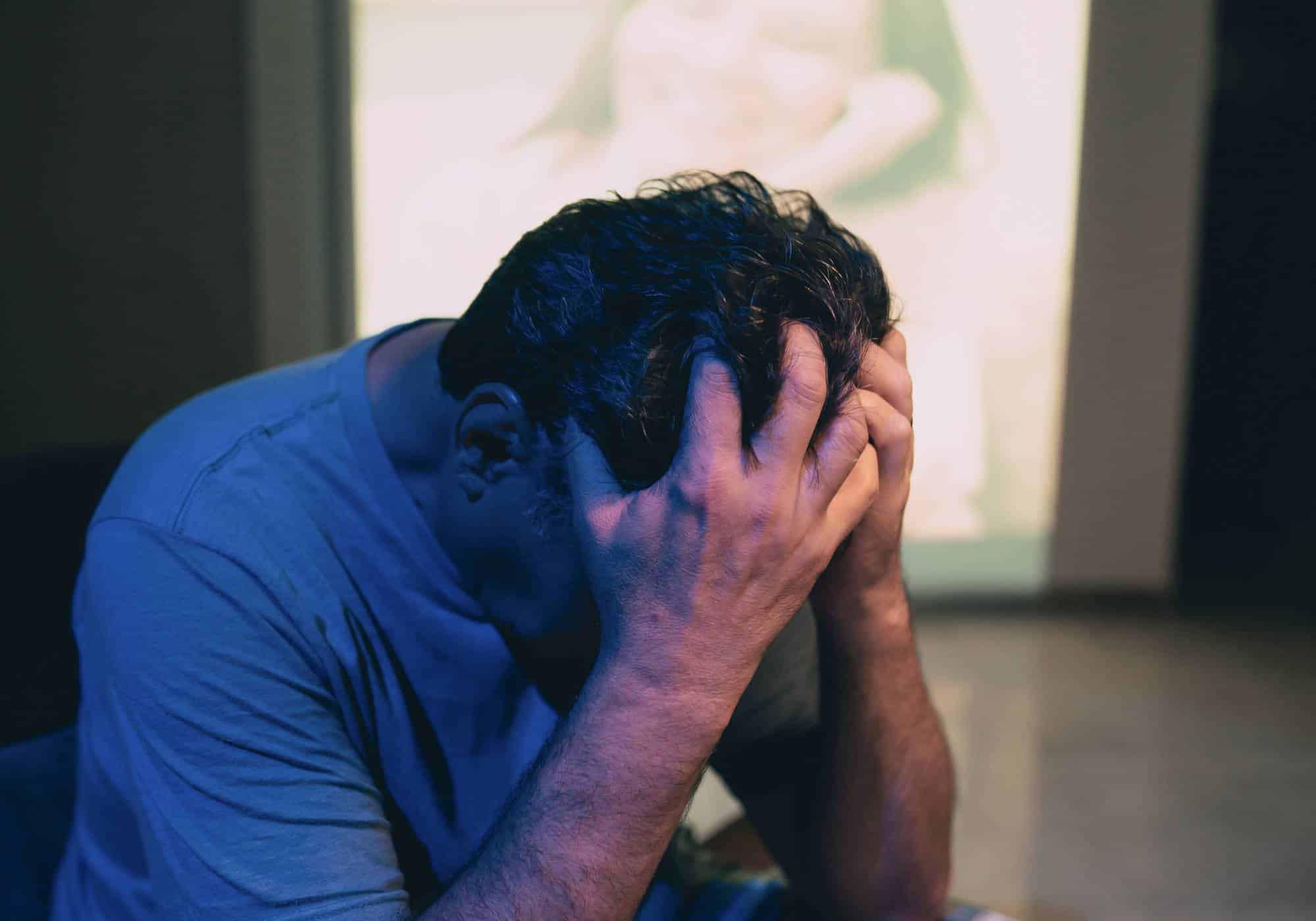Heroin addiction is a serious medical condition that affects millions of people around the world. Many individuals struggle with the debilitating effects of substance abuse, and heroin addiction has become an increasingly common issue in society today. Fortunately, there is treatment for heroin addiction available to those seeking help for their dependence on this dangerous drug.
Heroin and Its Effects on the Body
Heroin is an opioid drug that has been used recreationally for centuries and is derived from the poppy plant. It is a highly addictive substance, with users often becoming physically dependent after just one use. The effects of heroin on the body include intense euphoria followed by a crash or “depression” period where the user feels tired, sluggish, and low energy. With continued use, tolerance increases which leads to even more dangerous side effects, including respiratory depression and coma in some cases.
Heroin is an extremely popular drug due to its ability to produce a powerful and immediate high. It is relatively inexpensive and, unfortunately, easy to obtain, making it dangerously accessible to those who seek it out. The opioid epidemic has become increasingly rampant in recent years due to the overprescription of painkillers, leading many individuals to turn to heroin as an alternative when their prescription runs out or becomes too expensive.
How Heroin Addiction Develops
Addiction to heroin is an incredibly difficult condition to overcome, as it can be both physically and psychologically addicting. With continued use, individuals will develop a tolerance for the drug, leading them to take more of it in order to achieve the same effects. This behavior leads to dependence on the drug and makes it very difficult to quit without treatment.
There are both short and long-term consequences of heroin addiction. Short-term effects can include an increased risk of contracting diseases like HIV or Hepatitis C, overdose, and physical dependence on the drug. Long-term effects of heroin abuse may include mental health disorders such as depression, anxiety, and even permanent brain damage from prolonged use.
Additionally, being addicted to any kind of dangerous substance can create lasting damage to relationships, career opportunities, financial stability, and overall quality of life. Many people who do not seek help for their addiction are at higher risk of ending up in unstable or even fatal situations.
Treatment for Heroin Addiction
Fortunately, treatment for heroin addiction is available, and there are many effective methods that can be used depending on each individual’s unique needs. These treatment options include detoxification, medications such as methadone or buprenorphine, behavioral therapies like cognitive-behavioral therapy (CBT), support groups such as Narcotics Anonymous (NA) or Alcoholics Anonymous (AA), and inpatient treatment programs.
Detoxification is an important first step for those seeking treatment, as it helps the individual to rid their body of all traces of the drug before other treatments are initiated. Medications such as methadone or buprenorphine can be used to help individuals manage withdrawal symptoms and reduce cravings for the drug. Behavioral therapies like CBT can be used to address underlying issues that may have contributed to addiction and help individuals develop healthier coping strategies.
Support groups such as AA or NA offer a community of support and understanding that allows individuals in recovery to relate with others who have gone through similar experiences. Inpatient treatment programs provide more intensive treatment options by providing 24-hour care and supervision from medical professionals.
Support for Recovery
For those who have completed treatment for heroin addiction, there is still the need for ongoing support in order to remain sober. The previously mentioned support groups can help individuals stay connected to a community of peers who are also in recovery and are available for emotional support. Counseling or therapy sessions may also be recommended to help address any underlying issues that could lead to relapse. Additionally, family and friends can provide invaluable support during this time and should be encouraged to get involved in treatment plans when possible.
However, it’s important to understand that family support may not always be available. Those that don’t have family or friends available to them can still find treatment and support from professionals and organizations such as the National Institute on Drug Abuse (NIDA). NIDA provides resources for those seeking treatment, including information about treatment options, insurance coverage, and other support services. Additionally, addiction recovery centers have aftercare treatment programs that are tailored to each individual’s unique needs, providing a safe and supportive environment for those in recovery.
Overcoming Triggers During Recovery
It’s important to have a plan in place for dealing with triggers and cravings that can lead to relapse. It’s important to recognize the signs of potential relapse and work on developing healthier coping strategies. Taking time out for self-care activities such as yoga, meditation, or journaling can be incredibly helpful for managing stress levels.
Additionally, it’s helpful to have an action plan in place for how to handle cravings when they arise, such as reaching out to a support system or engaging in distraction techniques like going for a walk or watching a movie.
Overall, treatment for heroin addiction is very effective when individuals are committed to their recovery journey. With the right treatment options and ongoing support, individuals can achieve lasting sobriety and reclaim control over their lives.
Resources and Treatment for Heroin Addiction
By seeking treatment, those struggling with heroin addiction can begin the journey to recovery and reclaim their lives from the grips of this dangerous drug. It is important to remember that treatment for heroin addiction does not have to be done alone and that there are a variety of treatment options available for individuals in need.
Hope Harbor Wellness is a treatment center dedicated to providing comprehensive treatment for heroin addiction and support services for those struggling with this life-threatening drug. If you or someone you know needs help, contact us today for more information about treatment plans and resources available. There is hope for recovery, and the first step is finding the right treatment that fits your individual needs.












